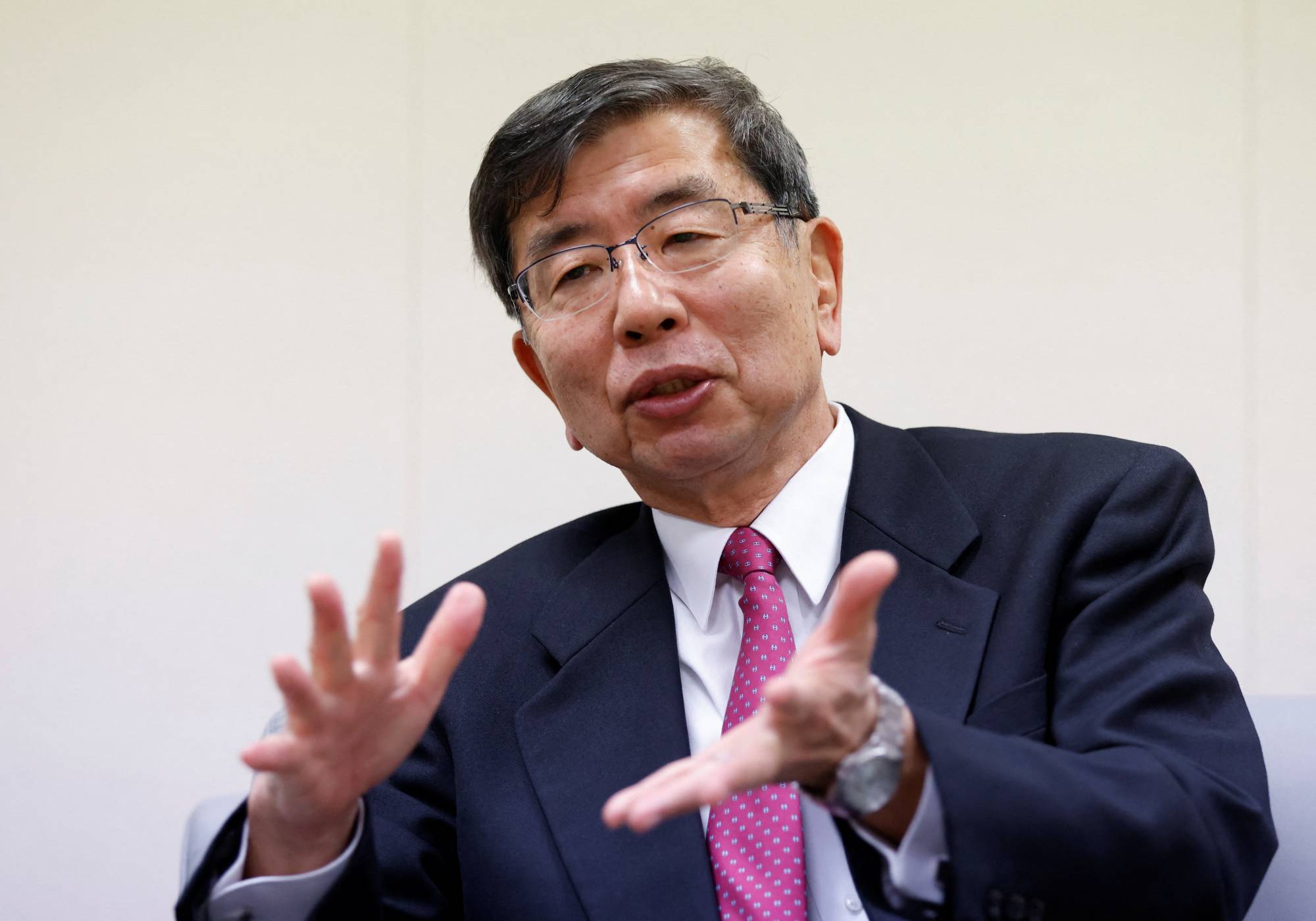The Bank of Japan has modified its stimulus measures to ease the transition away from an unconventional monetary policy when BOJ Gov. Haruhiko Kuroda retires in April, according to former top currency diplomat Takehiko Nakao.
Prolonged monetary easing has amplified side effects such as blunting market functions, excessive yen weakening and looser fiscal discipline, at the expense of increases in real income, said the former vice finance minister for international affairs.
The central bank surprised markets last week by relaxing its yield tolerance for 10-year Japanese government bonds (JGBs), a move aimed at easing the cost of prolonged economic stimulus.



















With your current subscription plan you can comment on stories. However, before writing your first comment, please create a display name in the Profile section of your subscriber account page.